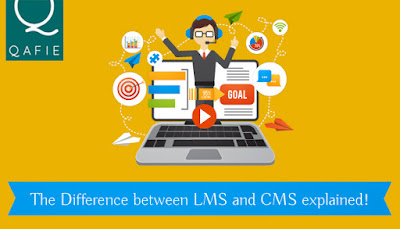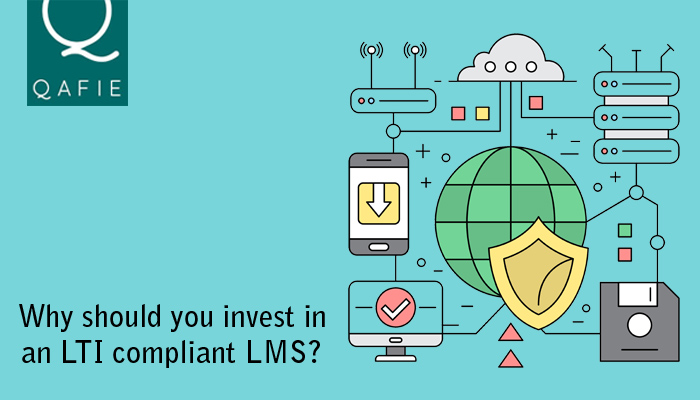Learning Management System
– LMS and Course Management System – CMS that's how the
acronyms are elaborated. It is seen that both the terms have just one
letter in difference between them. Having said this, there are a lot
many similarities between the two terms. Despite these similarities,
there are a few differences that give the two terms an independent
identity.
To be more precise let me
brief you with an individual description so as to make things more
clear. Read on to find out.
LMS – Learning Management System
A Learning Management System could be best defined as a software that enables the storing, managing, tracking and delivering content on the digital platform. Used by the students as well as the professionals, this software proves to be beneficial in imparting training, knowledge, education as well as managing data. This software is widely used by corporate organizations, educational institutes and government bodies. To be precise, it is being extensively used to provide an online training to the employees as well as makes knowledge sharing a fun and effective process by making use of the digital platform.
Creating an eLearning
course, organizing content, delivering course materials, managing the
users as well as the content and keeping a track of the user's
progress are some of the basic functions that define the usability of
this software. This software proves to be an important platform to
not only provide content but also scale the progress of the users as
a whole.
CMS – Course Management System
The term - Course Management System is often misunderstood as another name for Learning
Management System. It is needless to say that both of them depict
almost similar functions. Despite this, both of them have a slight
variation that could be understood with the following definition of a
Course Management System. Unlike LMS, a course management system has
a narrower scope in the world of online learning and managing data.
This software limits its abilities to managing and distributing
learning content as well as instructor-led courses.
The main work of a Course
Management System is to maintain the workflow of the content along
with ensuring that the relevant content is being delivered to the
users. When it comes to learners, they get the privilege to access
their mentor's CMS to have a glimpse of the important content or to
submit their assignments. The course management software also makes
it easy for the designers to develop, manage as well as publish the
training content.
Course Management System - CMS V/s Learning Management System - LMS
To make things more clear, here is a well-fragmented difference between the two terms. Read on to find out.
- An LMS has a broad scope whereas CMS has a narrow scope
- A Course Management System is a part of the Learning Management System– LMS
- An LMS user can be defined as the learner whereas the CMS user can be defined as the content creator.
- Another important difference is the scalability feature. LMS is highly scalable whereas a CMS is less scalable.
- A CMS allows creating content with an element of innovation in it. An LMS allows much more than content creation. It also allows you to keep a track of the progress.
Conclusion
There are more of
dissimilarities than the similarities. This has often confused people
in thinking that the terms CMS and LMS are interchangeable in nature.
The above-mentioned difference will be easy to clear out the
difference between the two. So, next time when you across the term
CMS do not confuse it with LMS as they both have their own identity.


